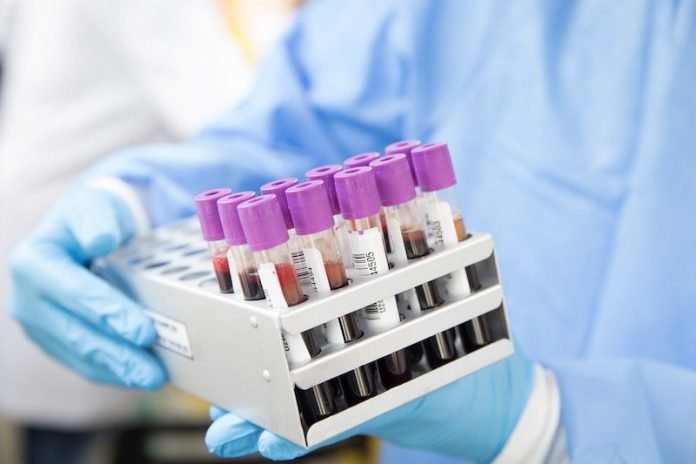
In a new study from The University of Texas, researchers found infection-fighting B cells retain better memory of the coronavirus spike protein in patients who recover from less-severe cases of COVID-19 than in those recovering from severe COVID-19.
The results showed subtle differences in the quality of immune response based on COVID-19 severity.
The study focused on memory B cells that react against the SARS-CoV-2 spike protein.
Blood samples were analyzed one month after symptom onset and five months post-onset. After one month, a big proportion of spike-specific B cells were active.
However, the team found samples from eight individuals who recovered from less-severe disease showed increased expression of markers associated with durable B cell memory as compared to individuals who recovered from severe disease.
T-bet-positive, spike-specific B cells nearly disappeared from the blood samples five months post-symptom onset. Overall, a more dysfunctional B cell response is seen in severe disease cases.
Non-severe cases were defined as not requiring supplemental oxygen or invasive ventilation, while severe cases needed invasive mechanical ventilation.
The team says the increased percentage of B cells associated with long-lived immunity in non-severe COVID-19 patients may have consequences for long-term immunity against SARS-CoV-2 re-infection or severity of the resulting disease.
If you care about COVID, please read studies about why people with diabetes more likely to get severe COVID-19, and how to take care of your lungs during COVID and beyond.
For more information about COVID, please see recent studies about everything you need to know about COVID-19 booster shots, and results showing that aspirin and other drugs for inflammation could help prevent COVID-19 deaths.
The study is published in PLOS ONE. One author of the study is Evelien Bunnik, Ph.D.
Copyright © 2021 Knowridge Science Report. All rights reserved.



